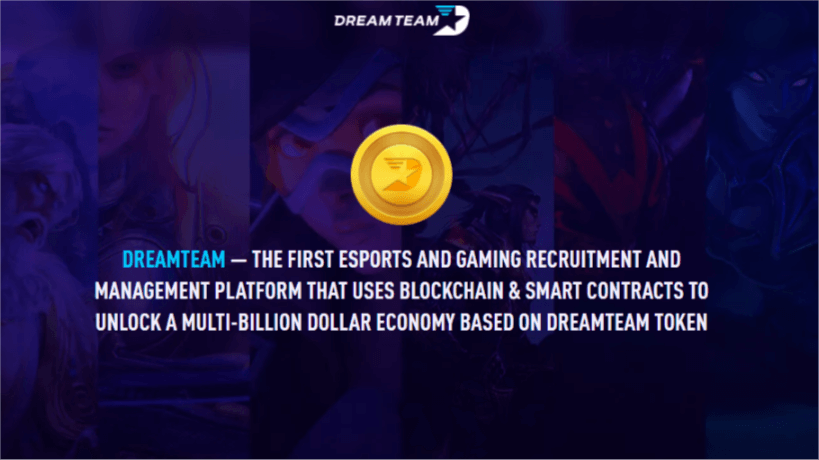One of the fastest growing segments of the sports entertainment industry is Esports. Esports, which consists of multiplayer video game competitions, has a global audience of over 350 million and brings in almost three-quarters of a billion dollars a year. This represents a year-on-year growth of over 40%.
The industry raises approximately $500 million a year in brand contributions, and some of the top Esports professional players make millions of dollars per year. Some players play alone, but a growing trend is to form gaming teams and compete as a unit. This coincides with the growth of multiplayer games, as over half of the most frequent game players do so online with other players on a weekly basis.
The problem is that there are over 250 million players who want to build teams but don’t have the resources to do so. Players have to resort to outdated methods of creating teams like blog posts, forum discussions, and Reddit posts. Even user-created find-a-player sites fail because there isn’t enough momentum to achieve mass acceptance.
Esports doesn’t have a system where these crucial tasks can be streamlined and handled in an efficient manner. As the sport continues to scale, it will need a platform on which it can structure its future growth.
Blockchain powered companies are entering the Esports industry with hopes of modernizing the recruitment and management processes. Startups like DreamTeam are creating decentralized infrastructure platforms that function as one-stop-shop Esports recruitment and management networks.
How Blockchain Platforms Create a Single Decentralized Esports Database
The fundamental aspect of these blockchain platforms is their decentralization. For a global sport like Esports, this is crucial. Unlike traditional sports teams that live in the same area and meet in the same clubhouse, Esports is a global sport where players compete online around the world. The decentralization of the platform creates a global marketplace where coaches and players can interact directly.
The decentralized marketplace allows coaches and players to create profiles and search the database for users who might be interested in joining a team. Through a variety of mechanisms like practice games, tournament lists, and analysis on teams, players, and coaches, managers can put together a squad of their liking.
Thus the blockchain powered platforms incorporate a crucial component that Esports coaches and managers don’t currently have–a database to analyze their players. The system gathers data on each player and has built in big data analytics. Coupled with ratings engines, the feature allows coaches and managers to evaluate potential players and develop existing team members. What’s more, the platforms gives managers access to media and marketing tools to further their team’s success.
For players, the platforms offer guides for progressing from novice to amateur to professional gamers. The marketplace allows players to apply for teams where they can grow as individual gamers and team members. The data analytics are available to gamers as well, so they can improve on their weakest attributes.
Finally, some back office and administrative tasks are automated on the blockchain. The platforms make use of self-executing contracts called smart contracts that only trigger once certain conditions are met. This allows an office team to easily manage salaries and bonuses, dependent on player performance. The platforms also create a player transfer market where players can be moved to other teams. The platforms are tokenized, creating a single medium of exchange for all types of transactions, no matter what country the payment is being issued from or sent to.
Overall, blockchain technology is being used to help integrate the Esports industry with more common, traditional sports. By creating decentralized databases for coaches, players, and administrative teams, these blockchain companies are providing a means for one of the fastest growing sports to scale even more rapidly and effectively.
